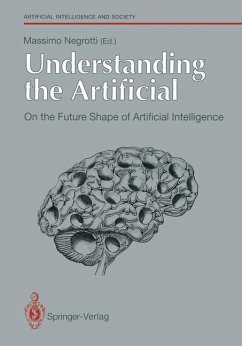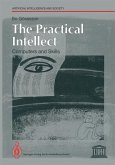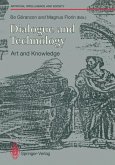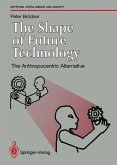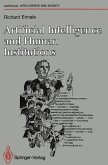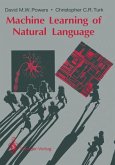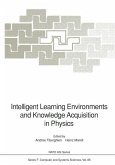The debate on the feasibility and applications of artificial intelligence has concentrated on the arguments about the concept of 'intelligence', largely neglecting the concept of the 'artificial'. Most of the recent literature is concerned with whether or not the concept of intelligence is transferable to the computer. Apart from the book by H.A. Simon, The Sciences of the Artificial (1969), no serious attempt has been made to define a conceptual framework for understanding the true nature of intelligent machines independently of the 'human' features claimed, or denied, for them. Understanding the Artificial aims to promote a 'second wave' of debate on AI which may help human culture to adapt itself to the artificial rather than to assimilate it according to a user-oriented philosophy. This collection of papers, edited by Professor Massimo Negrotti, discusses the potential losses and gains from AI if we abandon the original anthropomorphic pretension.
The authors aim to clarifythe main differences between human knowledge processes and computer information processing and suggest the most plausible alternatives to the original ambitions of AI. The authors aim to redefine the epistemology and the objectives of the discipline by highlighting potential problems and possible solutions which should be accepted as typical of the concept of the 'artificial' rather than of an information-based imitation of man.
The authors aim to clarifythe main differences between human knowledge processes and computer information processing and suggest the most plausible alternatives to the original ambitions of AI. The authors aim to redefine the epistemology and the objectives of the discipline by highlighting potential problems and possible solutions which should be accepted as typical of the concept of the 'artificial' rather than of an information-based imitation of man.

